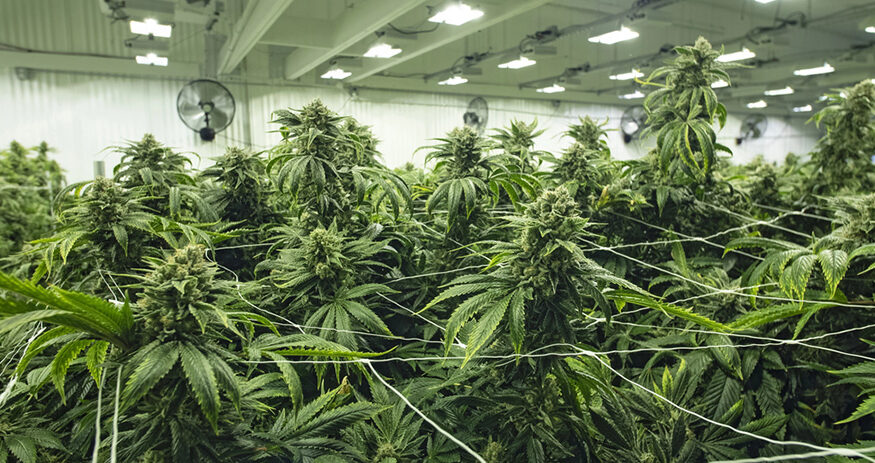Feds hypocritical if they don’t reschedule cannabis
By Nate Lipton//April 13, 2024//
Feds hypocritical if they don’t reschedule cannabis
By Nate Lipton//April 13, 2024//
Thirty-nine states have legalized cannabis for medical or adult use after referenda or other signs of popular demand. Yet the federal government classes cannabis as a Schedule 1 drug, its most dangerous category, sharing that category with substances such as heroin and LSD.
The Department of Health and Human Services (HHS) recommended on August 29, 2023, that marijuana be reclassified as a Schedule 3 controlled substance rather than a Schedule 1 drug. The proposal was the federal government’s first admission that marijuana has medicinal value. The decision now rests with the Drug Enforcement Administration (DEA). But the DEA is still thinking about it and has taken no action. 2024 is the time for it to act.

On January 12, the 250-page scientific review that the HHS sent to the DEA was made public. The document stated that scientists at the Food and Drug Administration (FDA) and the National Institute on Drug Abuse (NIDA) have recommended that the DEA reschedule marijuana to Schedule 3. Marijuana, it said, “Does not produce serious outcomes compared to drugs in Schedules 1 or 2.”
HHS also said there is scientific support for therapeutic uses of marijuana, including treatment of epilepsy, anorexia, pain, and nausea and vomiting related to chemotherapy. For context, Schedule 3 includes commonly known controlled substances that also have medicinal uses such as steroids, morphine, methamphetamine, ketamine, and oxycodone.
The FDA’s study breaks with the federal government’s decades-long prejudice against cannabis. It notes that marijuana is more like a Schedule 3 substance because it meets three basic criteria: a lower potential for abuse compared to other substances on Schedules 1 and 2, a currently accepted medical use for treatment in the U.S., and a low or moderate risk of physical dependence in people who use it. The National Institute on Drug Abuse agrees with this conclusion.
DEA rejected a petition to reschedule marijuana in 2016, referring to federal health officials’ belief that “marijuana has a high potential for abuse, has no accepted medical use in the United States, and lacks an acceptable level of safety for use even under medical supervision.” The HHS recommendation directly addresses the DEA’s previous opposition to rescheduling marijuana, and the federal government should respond.
Moving marijuana from Schedule 1 to Schedule 3 will also give increased access to scientists for expanded research, which could lead to additional medical and other uses for the plant. Currently, with marijuana as a Schedule 1 drug, research institutions like universities are constrained in their ability to study it.
In addition, putting marijuana in Schedule 3 will provide stability for the more than 400,000 people who work in the legal cannabis industry in the U.S. They won’t have to worry that their jobs might be taken away or that banks will discriminate against them. Some have had trouble getting loans, including mortgages. Cannabis-related enterprises also will be allowed, finally, to deduct their business expenses like other businesses do.
The journey toward rescheduling cannabis will be filled with legal nuances and bureaucratic intricacies. Rescheduling is not marijuana legalization. Indeed, a positive decision by DEA should not irritate people who oppose legalization. This step would merely treat marijuana-related businesses and employees the same as the rest of the economy on taxation and growth opportunities.
The wisdom of rescheduling has been obvious for years, yet it has not happened. Moving cannabis from a Schedule 1 drug to a Schedule 3 controlled substance would mark a milestone in long overdue policy and allow the U.S. to better understand a substance that undeniably has medicinal value.
Nate Lipton is co-founder and CEO of GrowersHouse.com and CannaCribs.org in Arizona.



















